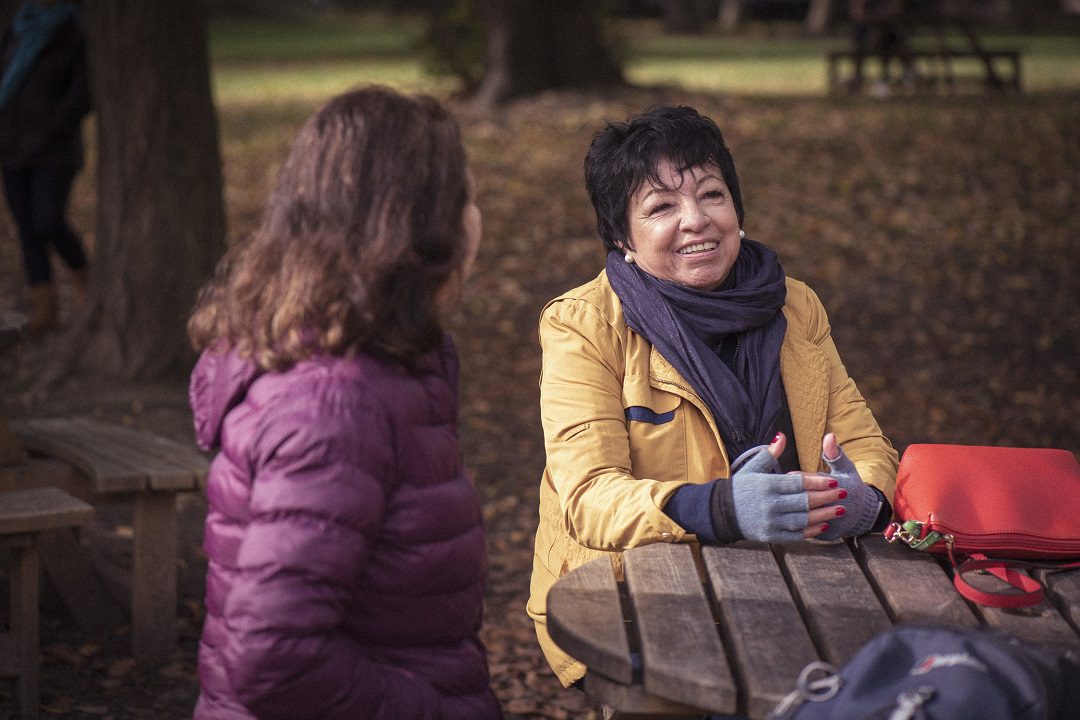There is no right or best way to share your diagnosis.
- Many people chose to tell people face to face, or by telephone.
- Some people chose to share the news in letters or by email.
- One person announced her diagnosis through her annual Christmas Card mailout.
- Some people might ask their spouse or someone close to them to share the news, if they don’t want to have the potentially difficult conversation themselves.
People who are nervous about sharing their diagnosis can plan what to say beforehand. Write down some of the points you want to make. Include the support you find helpful (for more information, read the page Manage how others treat you). For example, “I’m no longer able to drive, so if you could offer me a lift when we go out, I’d really appreciate it.”
Some people have preconceptions and stereotypes about dementia, and questions about dementia. You can direct them to this website, or give them a printout from this website or Dementia Australia’s website.
Sometimes, sharing the diagnosis can help you to connect with others who have had similar experiences. Learning from other people’s experiences can help you to move forward. For example, read Malcolm & Anne’s story.
Who and how to tell
You are in control of who you tell your diagnosis to, how you tell them, and when you tell them.
It’s likely that when you were told your diagnosis, someone close to you was there with you. It’s your news to share, not theirs. You decide when you’re ready to let other people know, and who you want to know. If the person close to you wants to tell others you have dementia and you’re not ready, ask them to wait.
- Many people with dementia find sharing their diagnosis to be a positive experience.
Sharing your diagnosis can help your friends and family to understand what you are going through, and how they can better support you. Sharing helps explain changes in your behaviour or mood to other people who may have noticed. Sharing can help to avoid future misunderstandings.
Some people chose to not tell anyone for many months, while others tell people gradually as they see them. Some people tell everyone straight away.
The Circle of Friends Worksheet can help you decide whom you’re going to tell about your diagnosis and plan what you’re going to say to them.
Share your diagnosis with people who will support you
Decide who you are going to share your diagnosis with. The Circle of Friends Worksheet might help.
If you experience conflict in having these conversations with family, consider using the Elder Support and Mediation Service provided by Relationships Australia in your state or territory. Relationships Australia offers specialised counselling and other support to assist people and their families to prevent or resolve family conflict, have difficult conversations and plan for the future (including medical, health, financial and living arrangements).





